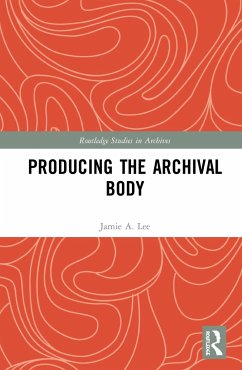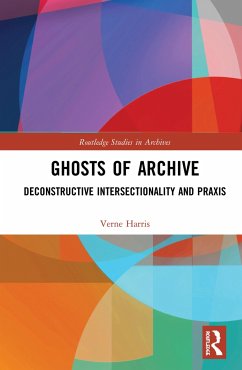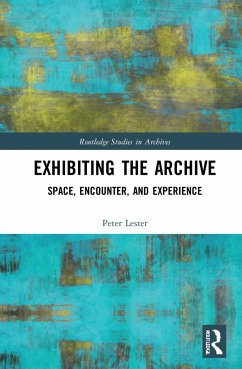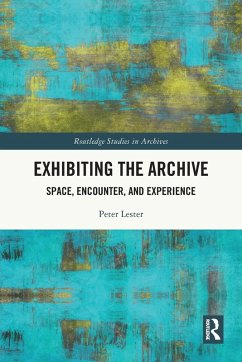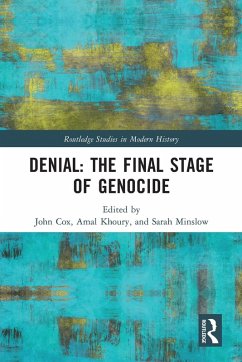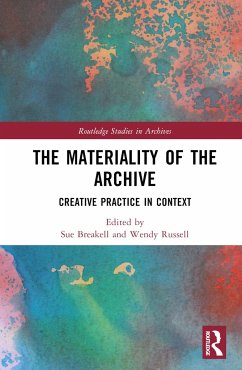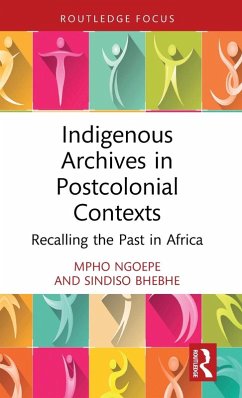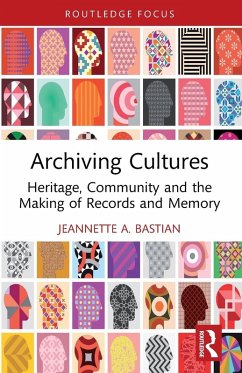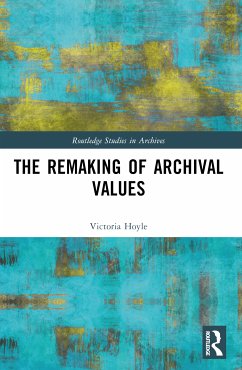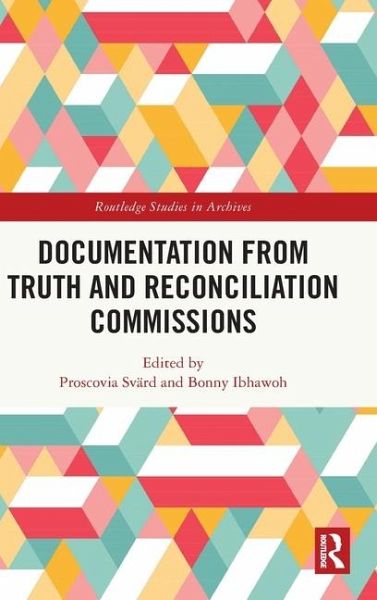
Documentation from Truth and Reconciliation Commissions
Versandkostenfrei!
Versandfertig in 6-10 Tagen
154,99 €
inkl. MwSt.
Weitere Ausgaben:

PAYBACK Punkte
77 °P sammeln!
Documentation from Truth and Reconciliation Commissions highlights the need for post-conflict societies to have access to - and to use - Truth Reconciliation Commissions (TRCs') documentation to achieve reconciliation and to work towards a democratic society.Including international contributions from a range of disciplines, the volume discusses the challenges that surround TRCs' documentation. Considering the impact of the politicization of documentation, chapters also highlight the lack of political will to democratize information, the lack of dissemination and the preservation infrastructure...
Documentation from Truth and Reconciliation Commissions highlights the need for post-conflict societies to have access to - and to use - Truth Reconciliation Commissions (TRCs') documentation to achieve reconciliation and to work towards a democratic society.
Including international contributions from a range of disciplines, the volume discusses the challenges that surround TRCs' documentation. Considering the impact of the politicization of documentation, chapters also highlight the lack of political will to democratize information, the lack of dissemination and the preservation infrastructures that hinder access and its effective use and re-use. Arguing that TRCs' documentation should be used to inform policy, improve governance and to promote justice, healing and reconciliation, the volume considers the ethical challenges involved in disseminating such information. Contributing authors argue that information professionals should play a major role in the planning forthe TRCs' information management infrastructures, if they are to facilitate access, effectively manage the generated documentation, deal with preservation of the compound records and promote the dissemination of the TRC findings.
Documentation from Truth and Reconciliation Commissions demonstrates that TRCs' documentation provides validation of human rights violations and that it helps to promote an understanding of the causes of conflict. As such, it will be essential reading for academics and students working in Archival Studies, Information Science, History, Transitional Justice, and Peace and Conflict Studies
Including international contributions from a range of disciplines, the volume discusses the challenges that surround TRCs' documentation. Considering the impact of the politicization of documentation, chapters also highlight the lack of political will to democratize information, the lack of dissemination and the preservation infrastructures that hinder access and its effective use and re-use. Arguing that TRCs' documentation should be used to inform policy, improve governance and to promote justice, healing and reconciliation, the volume considers the ethical challenges involved in disseminating such information. Contributing authors argue that information professionals should play a major role in the planning forthe TRCs' information management infrastructures, if they are to facilitate access, effectively manage the generated documentation, deal with preservation of the compound records and promote the dissemination of the TRC findings.
Documentation from Truth and Reconciliation Commissions demonstrates that TRCs' documentation provides validation of human rights violations and that it helps to promote an understanding of the causes of conflict. As such, it will be essential reading for academics and students working in Archival Studies, Information Science, History, Transitional Justice, and Peace and Conflict Studies





